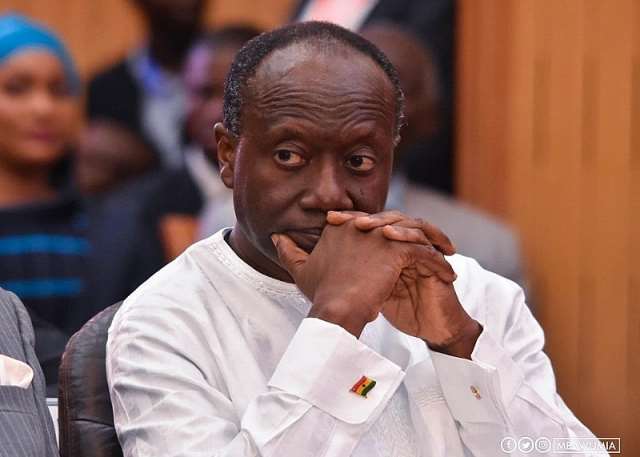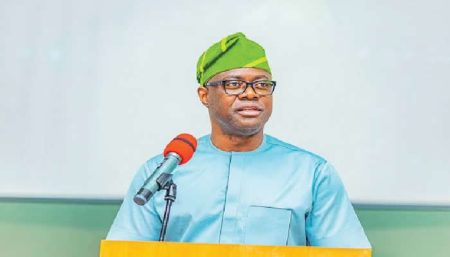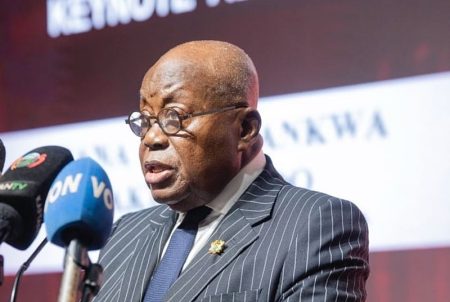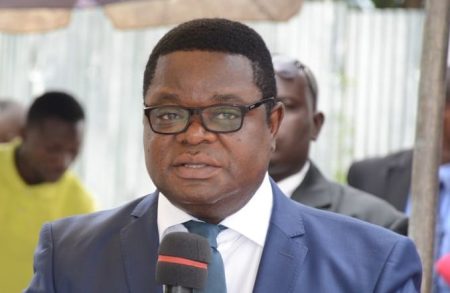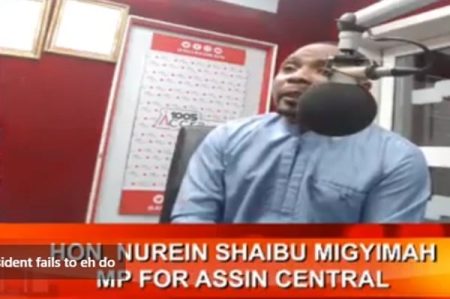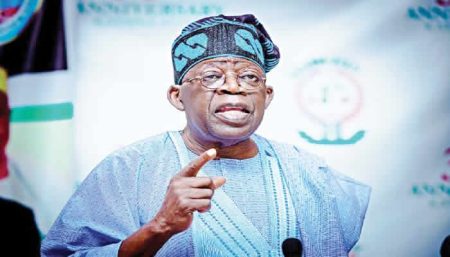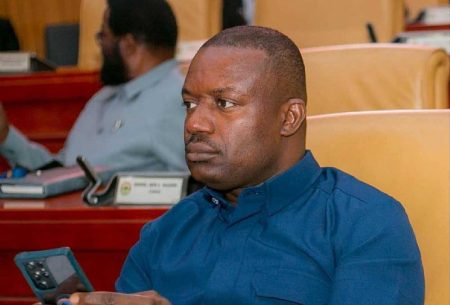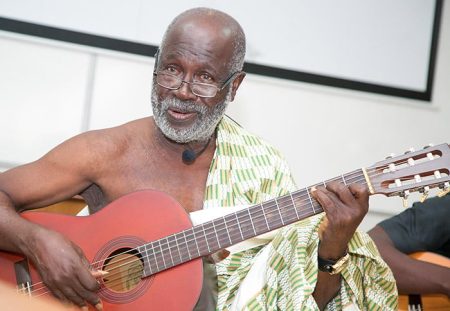The declaration of Ken Ofori-Atta, Ghana’s Finance Minister, as a fugitive by the Office of the Special Prosecutor (OSP) sparked controversy and raised questions about the propriety of the OSP’s actions. Ofori-Atta’s legal team vehemently contested the designation, arguing that it was unwarranted, premature, and misrepresented the ongoing communication between the two parties. They emphasized the ongoing dialogue between themselves and the OSP regarding Ofori-Atta’s availability for questioning, asserting that a mutually agreeable date was being actively pursued. The declaration, they argued, undermined this process and unnecessarily escalated the situation.
Central to the legal team’s argument is the assertion that Ofori-Atta never indicated an intention to remain outside the country indefinitely, contrary to the OSP’s implication. They maintained that Ofori-Atta was always prepared to cooperate with the investigation and return to Ghana for questioning, a position they claim was communicated to the OSP. The legal team presented the ongoing discussions as evidence of Ofori-Atta’s willingness to engage with the process, highlighting the prematurity of the OSP’s decision. They argued that with a little more patience, a mutually acceptable date would have been reached, obviating the need for the “fugitive” label.
The OSP’s declaration, issued on February 12, 2025, stemmed from an investigation into alleged corruption-related offenses. The OSP sought Ofori-Atta’s presence in Accra for questioning but claimed that he failed to provide a concrete return date, prompting the “wanted” notice. This action, according to Ofori-Atta’s lawyers, disregarded the ongoing communication and their client’s stated willingness to cooperate. They portrayed the OSP’s move as a hasty and unnecessary escalation that unjustly tarnished Ofori-Atta’s reputation.
The subsequent confirmation of Ofori-Atta’s return date on February 18, 2025, further bolstered his legal team’s argument. They contended that this development validated their position that Ofori-Atta was not evading the investigation and that a return date was imminent. The timing of the confirmation, just days after the OSP’s declaration, underscored the perceived rashness of the OSP’s action and strengthened the claim that the “fugitive” label was both premature and unwarranted.
The core of the disagreement lies in the interpretation of Ofori-Atta’s absence and the nature of the communication between his legal team and the OSP. The OSP perceived a lack of cooperation and a deliberate attempt to avoid questioning, leading to the “fugitive” declaration. Conversely, Ofori-Atta’s legal team presented his absence as temporary and his willingness to return as unwavering. They argued that the OSP’s actions disregarded the ongoing dialogue and prematurely escalated the situation, causing unnecessary damage to Ofori-Atta’s reputation.
The incident highlights the potential for miscommunication and misinterpretation in legal proceedings, particularly when dealing with high-profile individuals. The differing narratives presented by the OSP and Ofori-Atta’s legal team underscore the importance of clear and transparent communication to avoid misunderstandings and ensure a fair and just process. The “fugitive” label carries significant weight and can have far-reaching consequences, making it crucial for such designations to be applied judiciously and only after all other avenues have been exhausted. In this case, Ofori-Atta’s legal team argued that the OSP’s actions were premature and unnecessary, given the ongoing communication and Ofori-Atta’s demonstrable willingness to cooperate with the investigation.





